Indigenous Governance Database
Constitutions
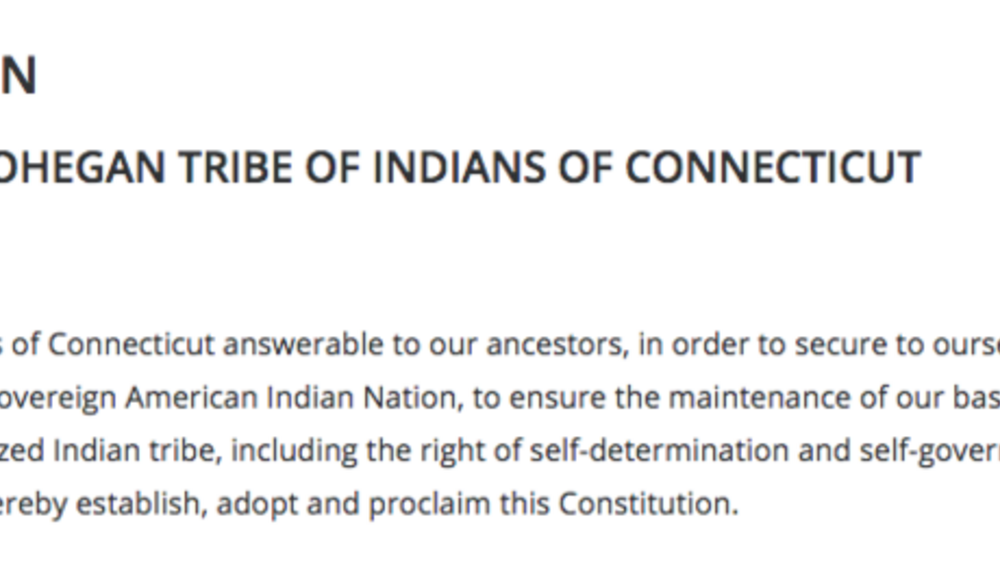
Mohegan Tribe: Preamble Excerpt
Preamble: We, The Mohegan Tribe of Indians of Connecticut answerable to our ancestors, in order to secure to ourselves and our descendants the management of our own affairs as a sovereign American Indian Nation, to ensure the maintenance of our basic human rights, to exercise our sovereign rights…
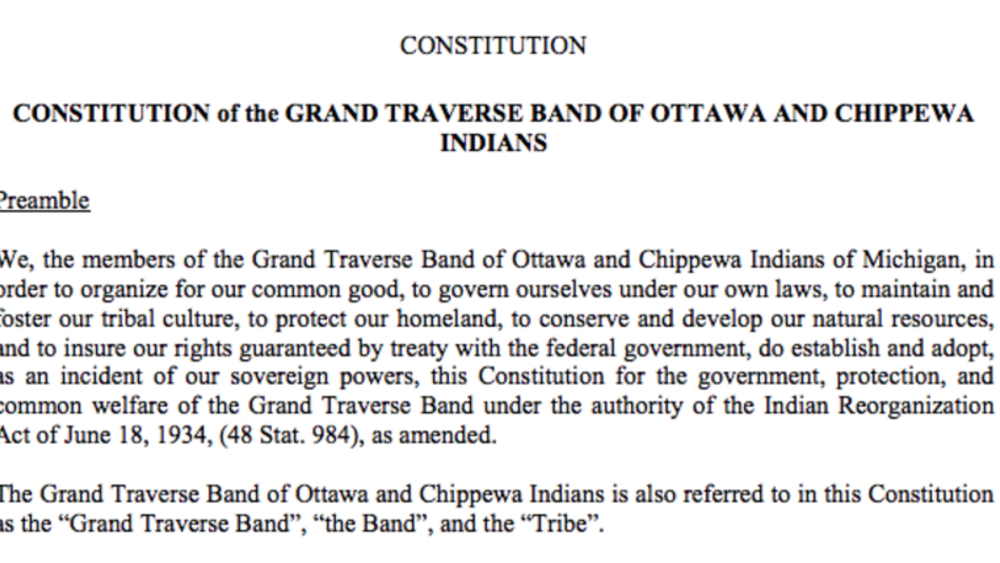
Grand Traverse Band of Ottawa and Chippewa Indians: Preamble Excerpt
Preamble: We, the members of the Grand Traverse Band of Ottawa and Chippewa Indians of Michigan, in order to organize for our common good, to govern ourselves under our own laws, to maintain and foster our tribal culture, to protect our homeland, to conserve and develop our natural…
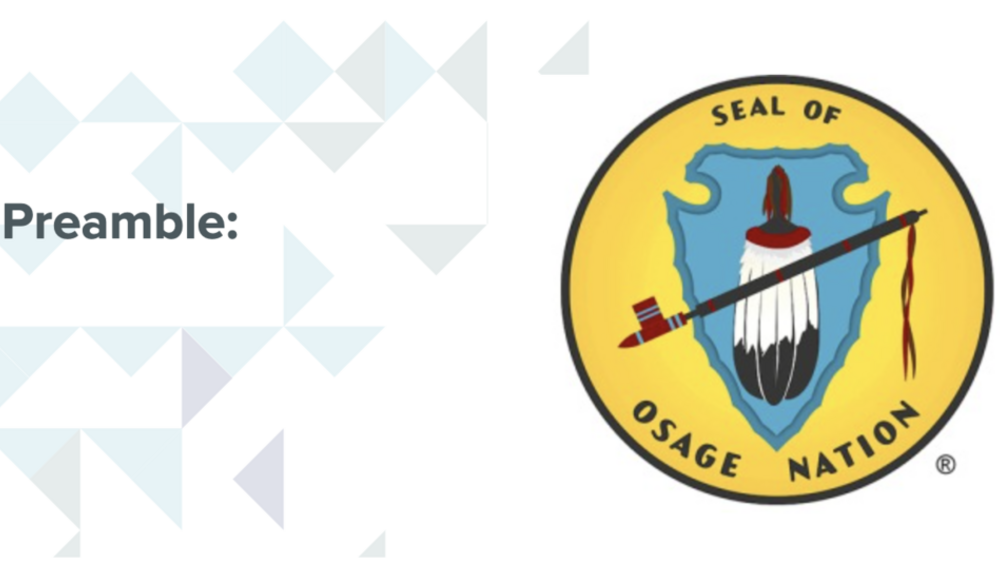
Osage Nation: Preamble Excerpt
Preamble: We the W/\ ZA ZOK (Wah-zha-zhe), known as the Osage People, having formed as Clans in the far distant past, have been a People and as a People have walked this earth and enjoyed the blessings of Wah-kon-tah for more centuries than we truly know. Having resolved to live in harmony, we…
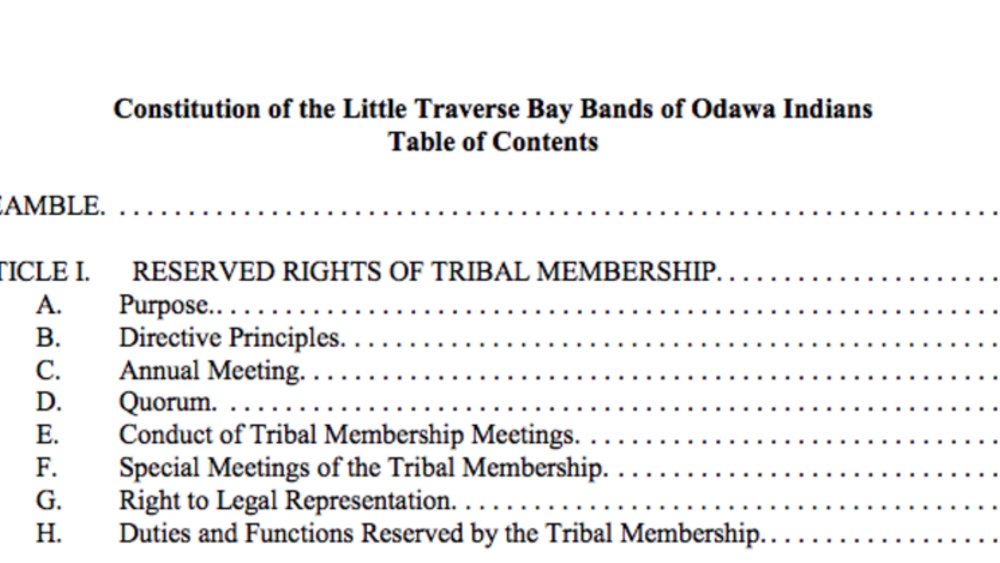
Little Traverse Bay Bands of Odawa Indians: Preamble Excerpt
PREAMBLE IN THE WAYS OF OUR ANCESTORS, to perpetuate our way of life for future generations, we the Little Traverse Bay Bands of Odawa Indians, called in our own language the WAGANAKISING ODAWAK, a sovereign, self-governing people who follow the Anishinaabe Traditions, Heritage, and Cultural…
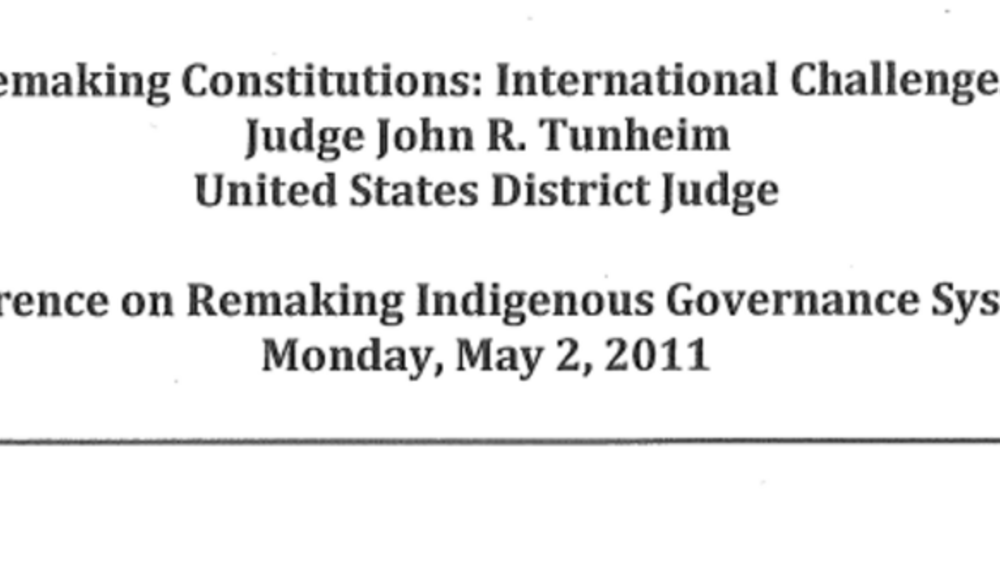
Remaking Constitutions: International Challenges
U.S. District Court Judge John R. Tunheim, whose work in Kosovo helped the United Nations re-establish and improve Kosovo's legal system and ultimately restructure its entire judiciary, discusses his observations as the principal outside advisor to the process that developed the Kosovo Constitution…
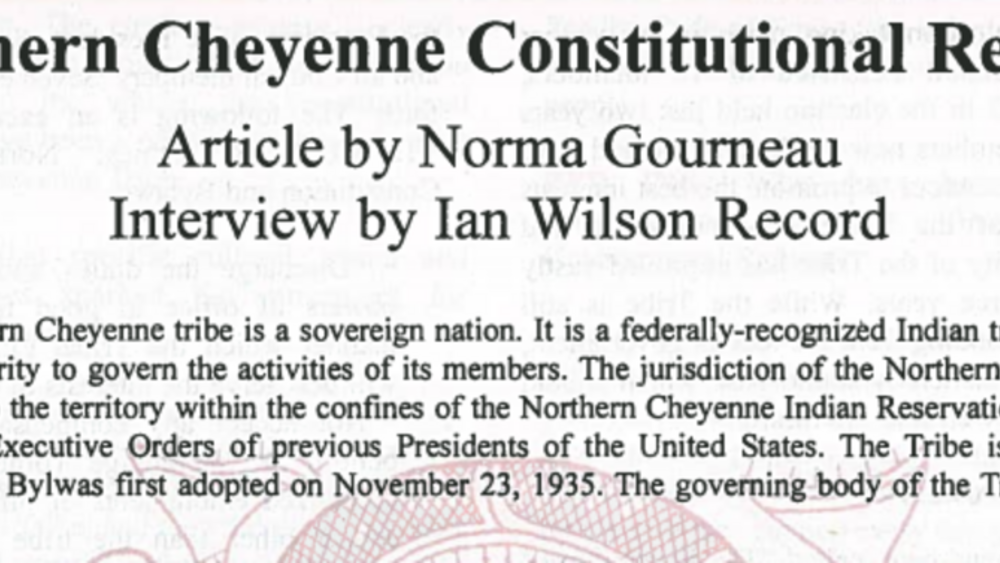
Northern Cheyenne Constitutional Reform
The Northern Cheyenne Tribe is a sovereign nation. It is a federally-recognized Indian tribe with powers and authority to govern the activities of its members. The Tribe is governed by a Constitution and Bylaws first adopted on November 23, 1935. In the early 1990s, in order to meet the…
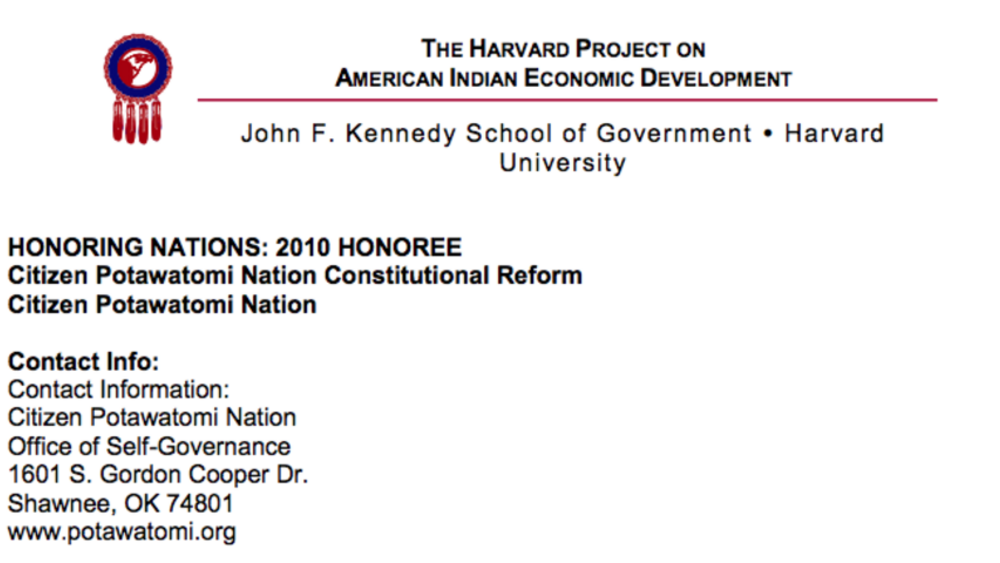
Citizen Potawatomi Nation Constitutional Reform
Tribal governments across the United States work tirelessly to provide their citizens with effective systems of governance. After years of failed assimilation attempts, the federal government imposed blanket political systems upon almost all tribes regardless of those systems’ effectiveness or…
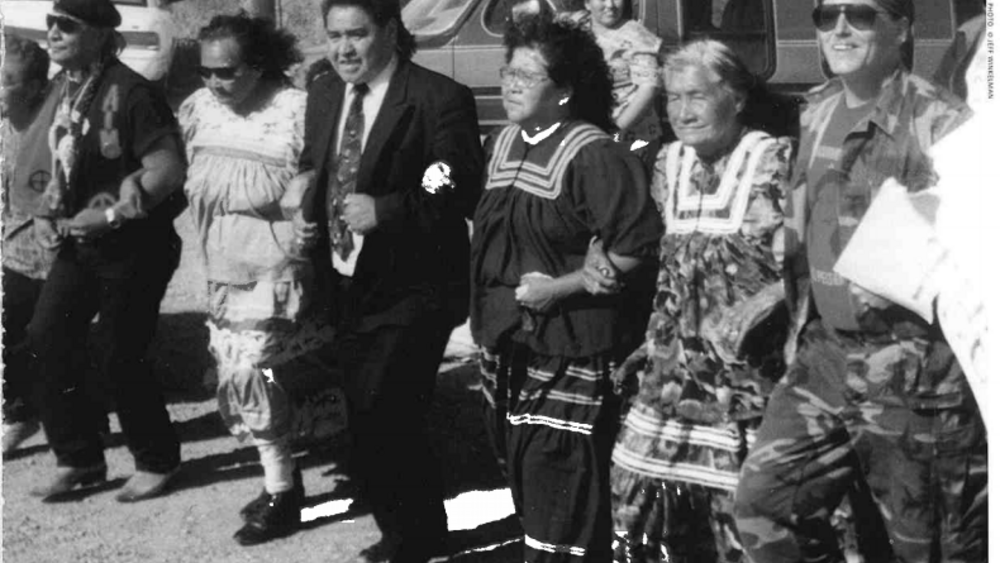
Broken Government: Constitutional Inadequacy Spawns Conflict at San Carlos
This article, published in 1999, examined the governmental conflict taking place at the San Carlos Apache Tribe. It explored the historical constitutional roots of the conflict, specifically the ineffectiveness and culturally inappropriate Indian Reorganization constitution and system of government…
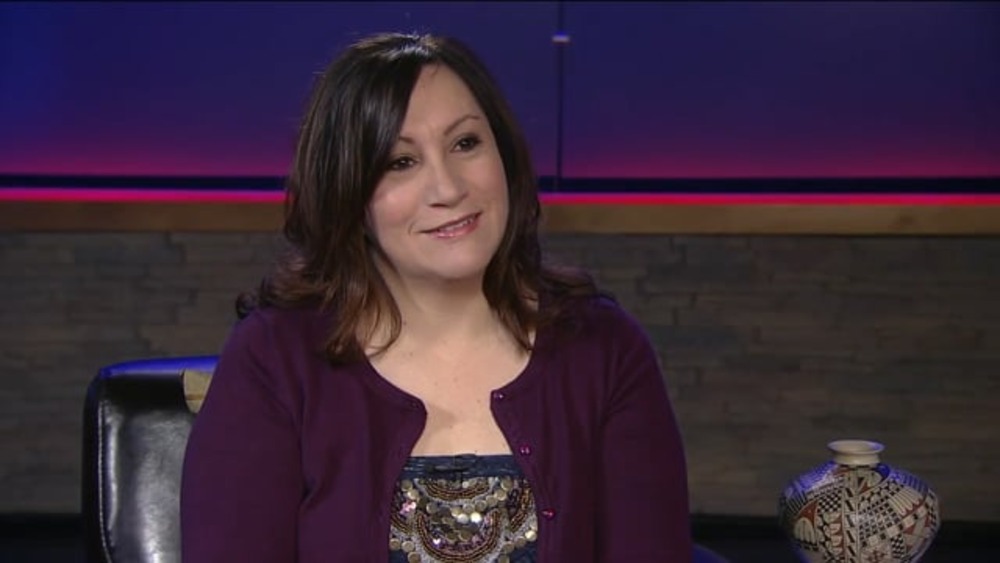
Eileen Briggs: The Importance of Data and Community Engagement
Eileen Briggs is a citizen of the Cheyenne River Sioux Tribe and is the Executive Director of Cheyenne River Sioux Tribal Ventures. She is also the Principal Investigator on "Cheyenne River Voices Research" — a reservation-wide research project including a household survey of over…
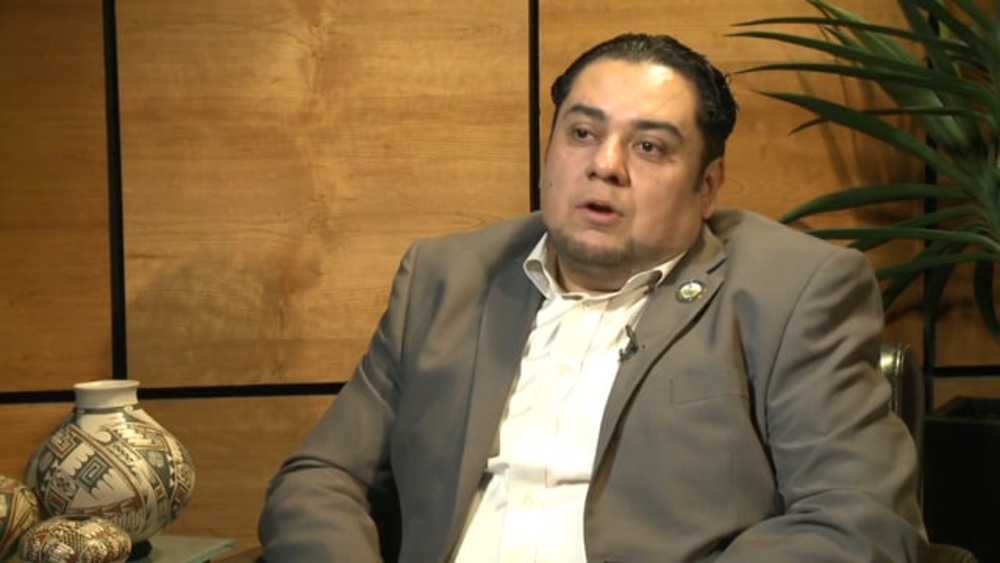
Rudy Ortega, Jr.: Asserting Sovereignty and Self-Governance
Rudy Ortega, Jr., then Vice President and citizen of the Fernandeño Tataviam Band of Mission Indians, shares his experiences leading his community and engaging in Fernandeño Tataviam self-governance in spite of his nation not yet being a state or federally recognized tribal…
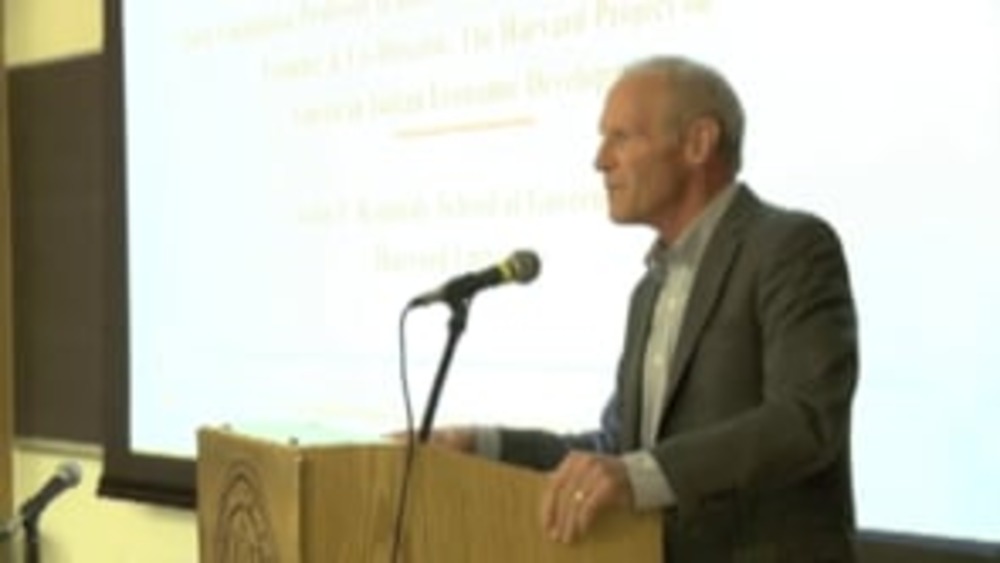
Good Native Governance: Lunchtime Keynote Address
UCLA School of Law "Good Native Governance" conference lunchtime keynote speaker, Joseph P. Kalt discusses research in the areas of good Native governance. This video resource is featured on the Indigenous Governance Database with the permission of the UCLA American Indian Studies…
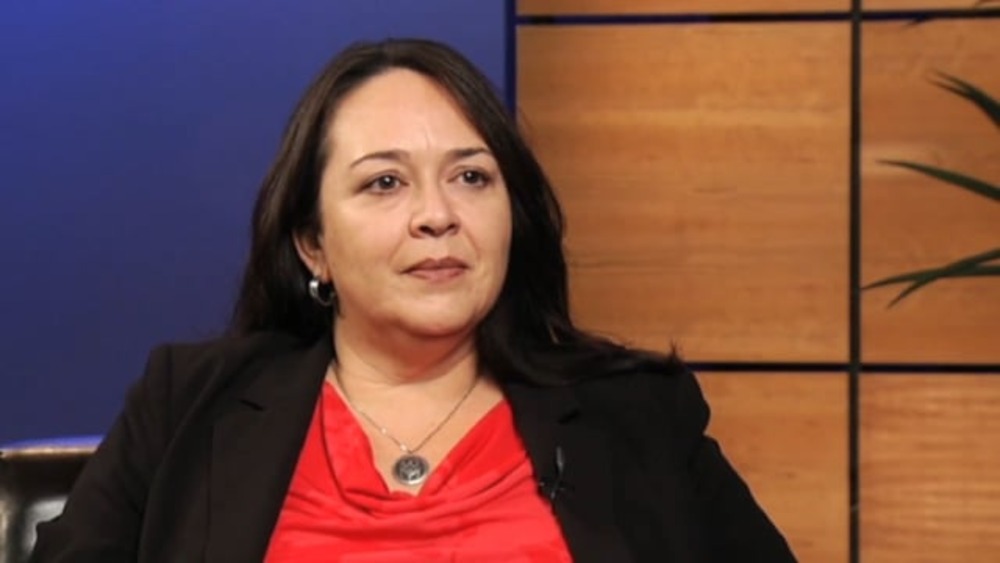
Devon Lomayesva: Making Constitution Reform and Tribal Law Work
Devon Lomayesva, a citizen of the Iipay Nation of Santa Ysabel in California, offers her perspectives on asserting tribal law in a P.L. 280 state. The Iipay Nation of Santa Ysabel underwent a constitutional reform process, and Devon shares her experiences with and perspectives of that…
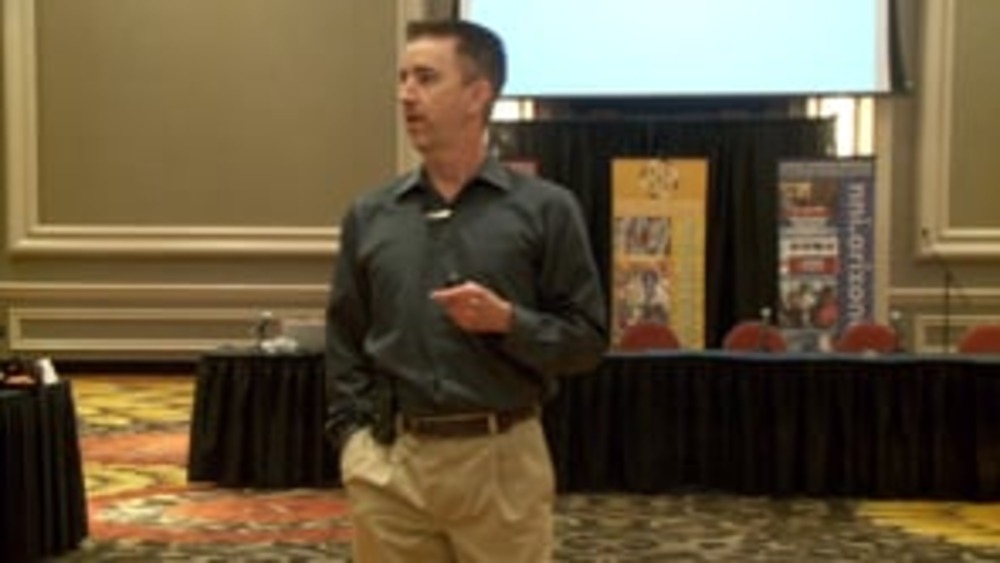
Ian Record: Some of the Difficulties of Constitutional Reform (Presentation Highlight)
In this highlight from the presentation "Defining Constitutions and the Movement to Remake Them," Ian Record discusses two of the many challenges that Native nations typically encounter when they move to change their existing constitutions or develop new ones.
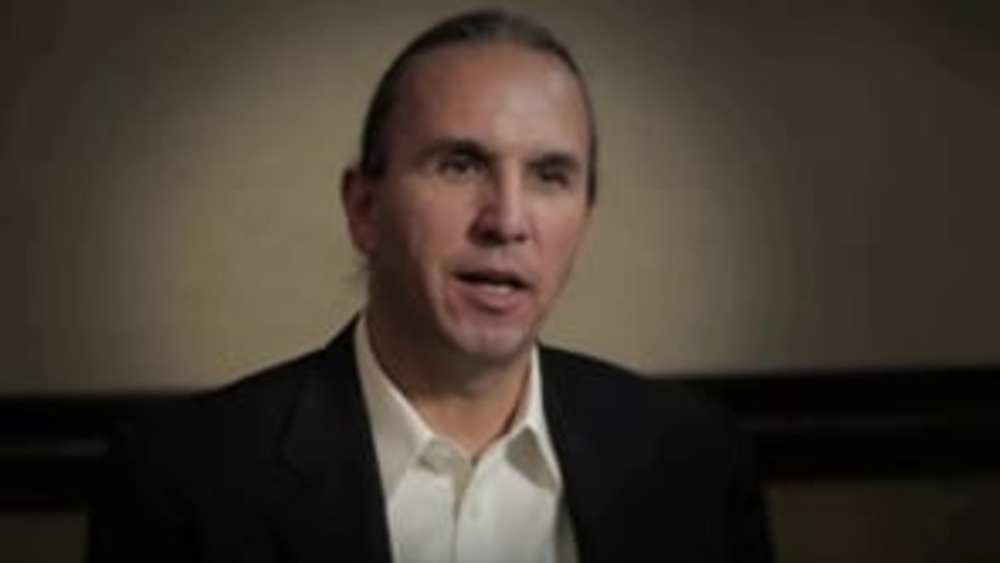
Terry Janis: The White Earth Nation Constitutional Reform Process
In this lively and far-reaching discussion with NNI's Ian Record, Terry Janis (Oglala Lakota), former project manager of the White Earth Nation Constitution Reform Project, provides an overview of the citizen education and engagement campaign that preceded White Earth's historic vote to ratify a…
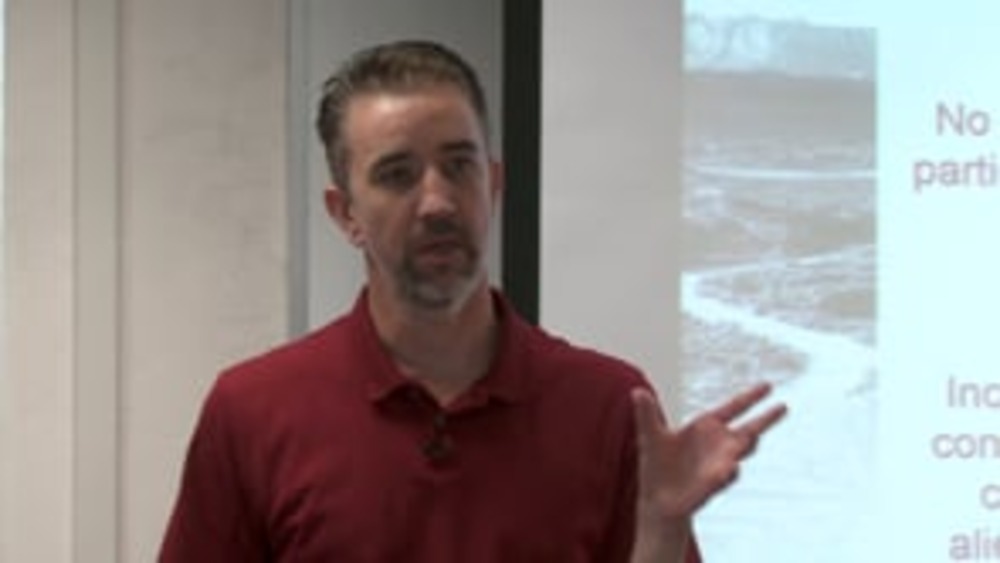
Ian Record: Constitutional Reform: Some Perspectives on Process
Dr. Ian Record, NNI Manager of Educational Resources, provides a broad overview of the inherent difficulties involved with constitutional reform, the different processes that Native nations are developing to engage in constitutional reform, and some of the effective reform strategies that NNI is…
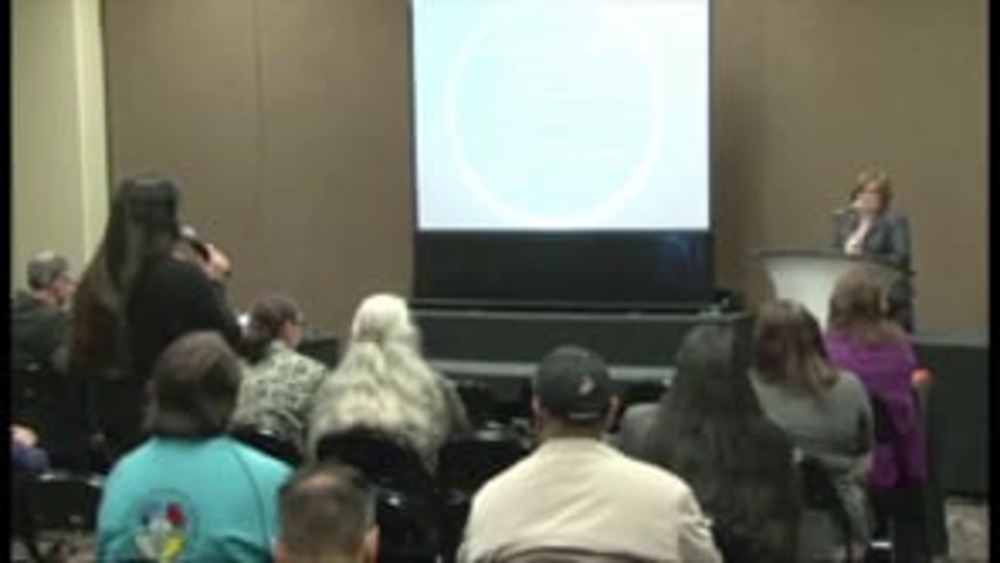
Jim Gray and Patricia Riggs: Citizen Engagement: The Key to Establishing and Sustaining Good Governance (Q&A)
Presenters Jim Gray and Patricia Riggs field questions from audience members about the approaches their nations took and are taking to engage their citizens and seed community-based, lasting change. In addition, session moderator Ian Record offers a quick overview of some effective citizen…

Jennifer Porter: Cultural Match Through Constitutional Reform at Kootenai
In this informative interview with NNI's Ian Record, Vice-Chairwoman Jennifer Porter of the Kootenai Tribe of Idaho explains what prompted her nation to enact several amendments to its constitution in the mid-1990s, and how its ability to govern effectively has been greatly enhanced by its decision…

John "Rocky" Barrett: Citizen Potawatomi's Inclusive Approach to Citizenship
A 3-minute clip of an interview with Chairman Barrett describing how Citizen Potawatomi Nation created a government structure and constitution that worked for the nation's large and very dispersed population.
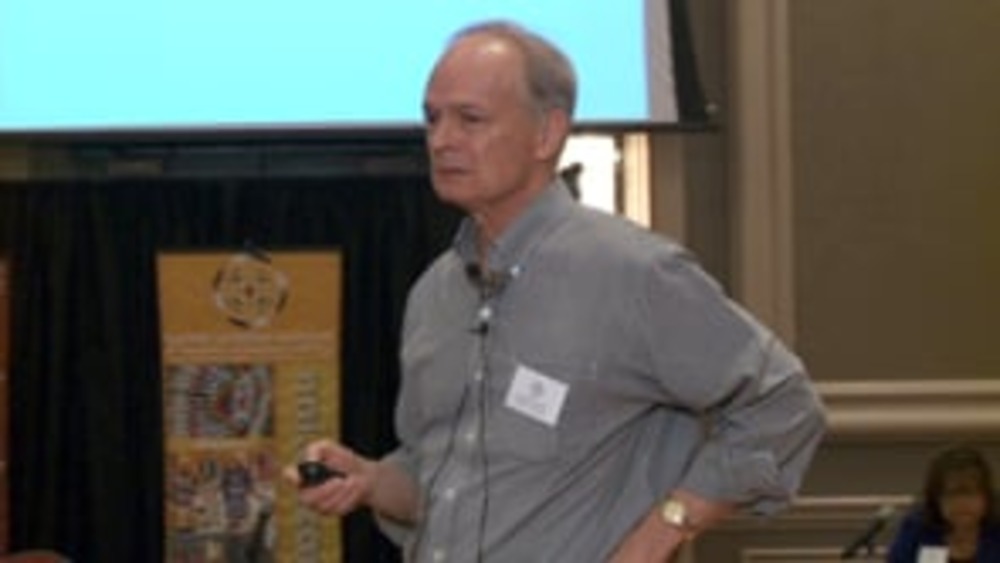
Stephen Cornell: Defining Constitutions (Presentation Highlight)
In this highlight from the presentation "Defining Constitutions and the Movement to Remake Them," Stephen Cornell provides some basic definitions of what a constitution is and the role it fundamentally plays -- or should play in the life of Native nations.
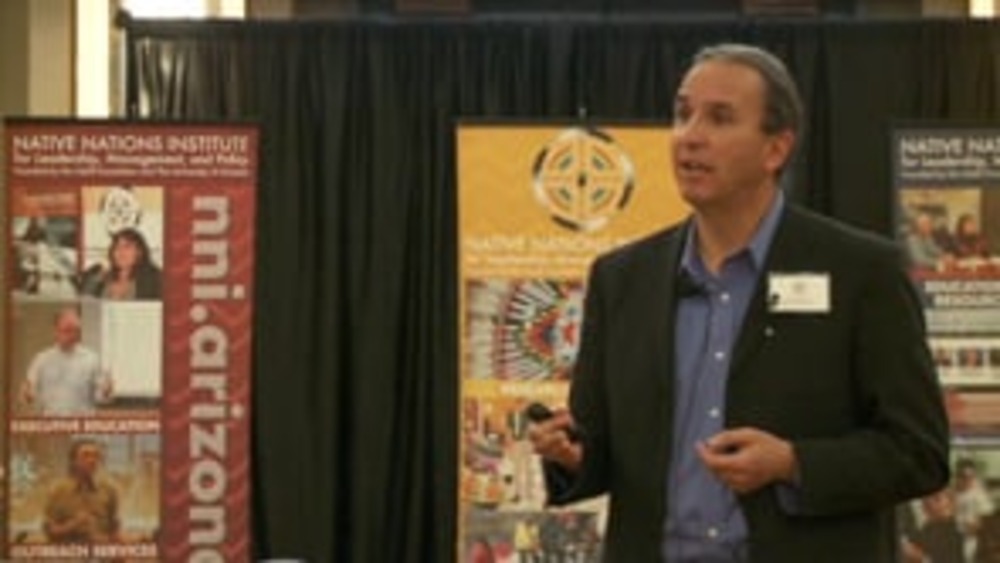
Terry Janis: Citizen Engagement and Constitutional Change at the White Earth Nation
Terry Janis (Oglala Lakota), former Project Manager of the White Earth Nation Constitution Reform Project, provides participants with a detailed overview of the multi-faceted approach to citizen engagement that the White Earth Nation followed as it worked to educate the White Earth people about the…
Pagination
- First page
- …
- 8
- 9
- 10
- …
- Last page
